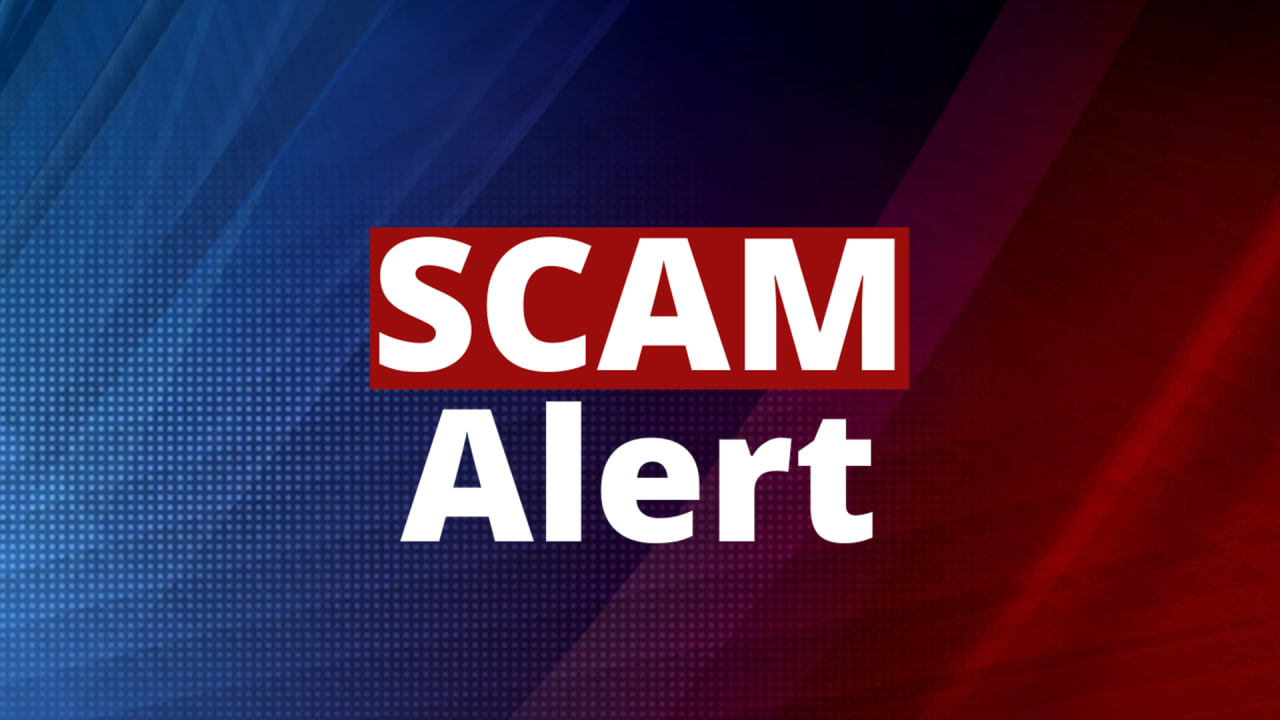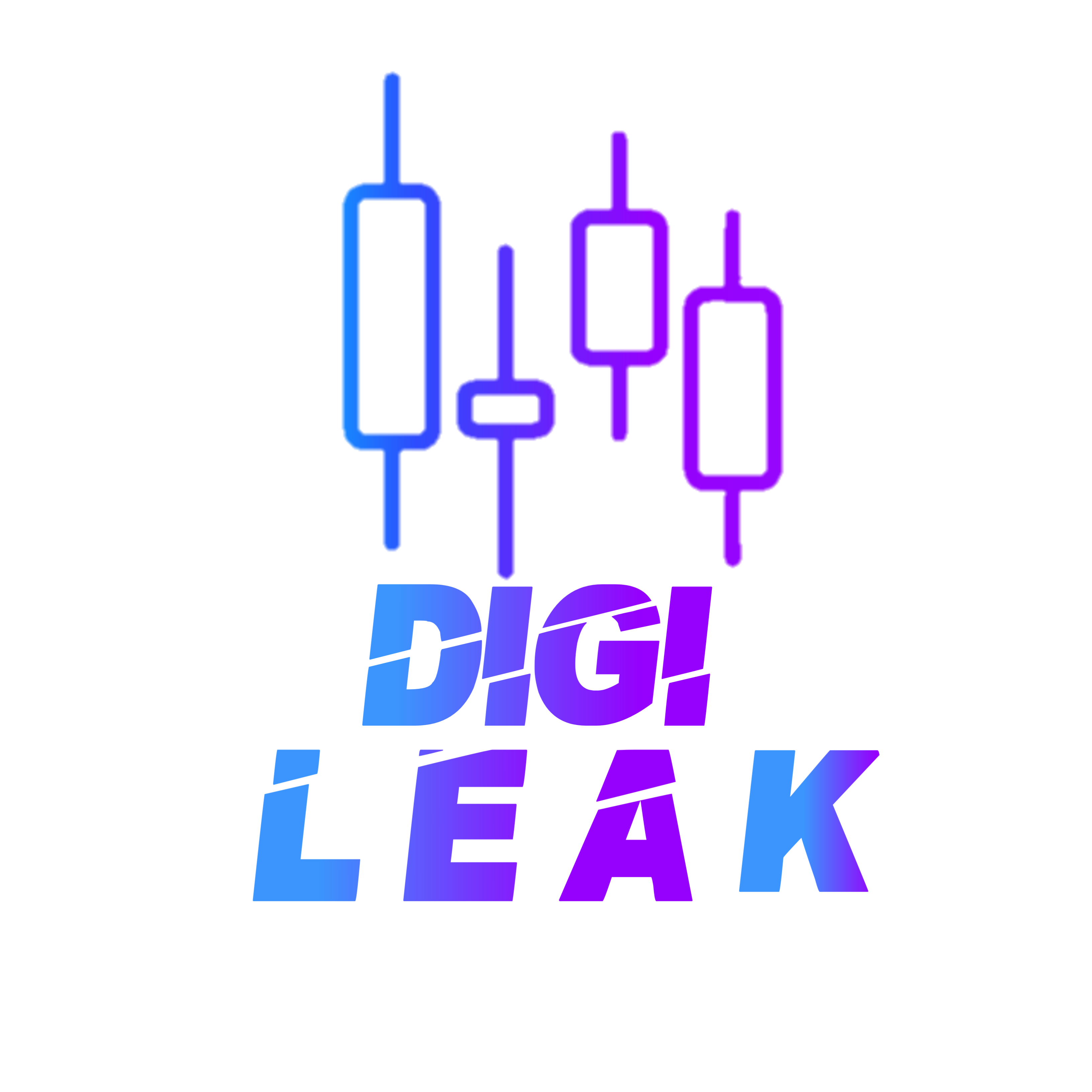Why Do Random Tokens Appear in Your Wallet?
- admin
- blogs

An overview of airdropped tokens and how to handle them.
In recent times, various blockchain projects on Ethereum have been distributing tokens through ‘airdrops’ into users’ wallets. This practice serves the purpose of either widening token distribution or promoting tokens to users, but it’s essential to be cautious of potential scams.
The quantity of airdropped tokens you receive often depends on how much Ether (ETH) you held at a specific block. Some airdrops distribute a uniform number of tokens to all, while others target users of a specific protocol or individuals who have previously owned a different, associated token. Projects like decentralized exchanges or NFT platforms distribute tokens to their early adopters, investors, and backers. This practice is referred to as Retroactive Airdrops.
Your Ethereum address is public on the blockchain, enabling anyone to send you ETH and/or tokens. To learn more about the airdropped tokens in your possession, you can search for additional information online.
Airdrop Scams:
Due to token creators’ ability to distribute tokens to a broad range of addresses, even encompassing all existing wallet addresses, it’s possible for random and unsolicited tokens and NFTs to emerge in your wallet without your awareness. Although the token itself doesn’t directly compromise the wallet’s security, its application can lead to negative outcomes.
For instance, scammers might develop a DApp or another crypto platform enticing users to exchange airdropped tokens for higher-value tokens. However, to participate, you would need to connect your wallet to this platform and grant specific permissions, potentially granting scammers the ability to transfer your assets. Another scam scenario involves using airdropped tokens: when attempting to send or exchange these tokens, the transaction may fail, with the gas fee directed to the scammer’s wallet. Lastly, scammers could prompt you to engage with your airdropped token or NFT, thereby obtaining your wallet information and potentially accessing your NFT marketplace account.
Therefore, it’s a prudent approach to refrain from interacting with unfamiliar assets. While you can’t ‘delete’ tokens from an address, you can hide unwanted tokens in some interfaces. For instance, in the MEW wallet app, you can choose to ‘Hide token’ by clicking on the token entry. In the NFT section of the MEW wallet, you can mark specific NFTs as favorites to display them prominently and hide the rest.
Numerous scams involve interacting with a malicious token or contract, underlining the importance of exercising caution when granting approvals through your wallet. Whenever a DApp requests your approval or permission, carefully assess the platform’s credibility and comprehend the nature of your approval. Generally, avoid unfamiliar web DApps, and remember that if something seems too good to be true, it likely is. Lastly, never disclose your wallet keys or phrases to anyone.
Best Practices:
- Always employ a well-known and secure wallet.
- Never share your Private Key or Mnemonic phrase (seed phrase) with anyone.
- Only interact with tokens you’ve purchased, swapped, or expected to receive.
- Avoid unfamiliar DApps and websites; verify URLs and certificates for trustworthiness.
- Be cautious when engaging with individuals claiming to be ‘Customer Support,’ as your recovery information won’t be required for assistance.
For further insights on staying secure in the crypto realm, refer to our articles:
